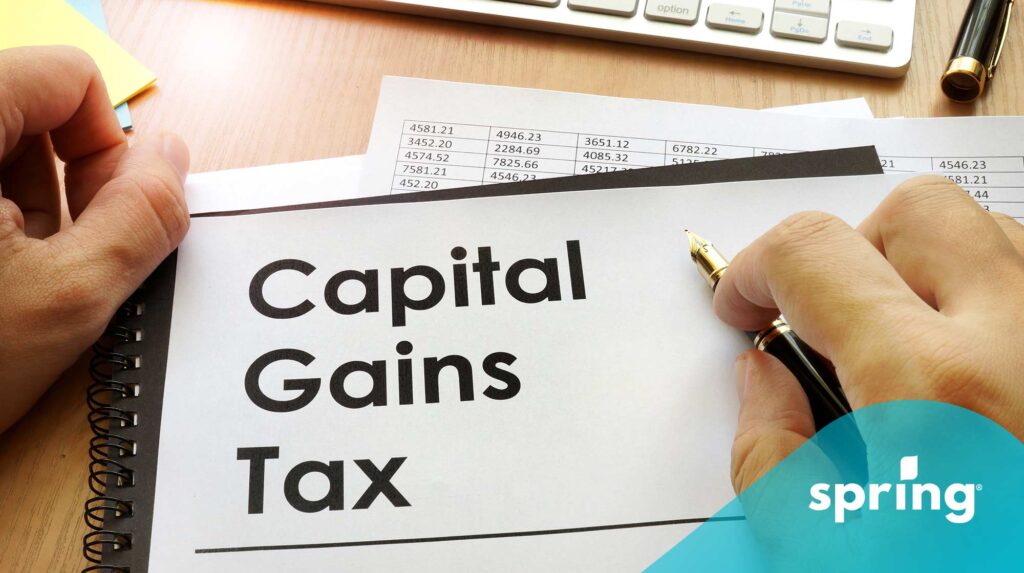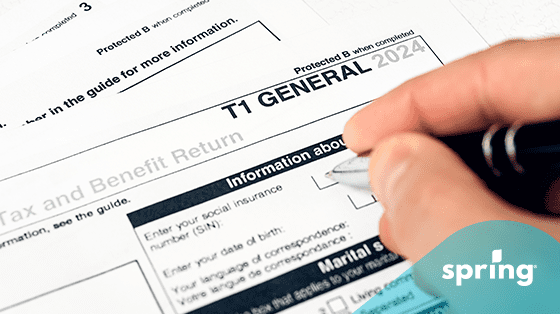In fact, over 13,000 Canadians filed bankruptcies and proposals last October, which represented a 13% jump from the same month in the previous year. That’s the highest reading in a decade. Canadians owe more than $700 billion in consumer credit and non-mortgage debt. Those are some eye-popping numbers.
But if there’s a silver lining to this alarming trend, it’s that those battling debt shouldn’t feel alone and without hope. Many people are dealing with the same struggles and there are ways to get help. One of those ways is credit counselling and debt counselling.
We’re going to outline how that works, so you can better deal with that breaking-point situation when mounting debt becomes unmanageable.
What is Credit Counselling and Debt Counselling?
When your debts become more than you can handle, and you feel like you’re getting crushed into financial ruin, it’s time to talk with a finance professional about getting back on track. Credit counselling and debt counselling will help you improve your financial situation by getting advice and expertise on solving your debt problems; finding a way for you to get ahead.
When Should You Turn to Credit Counselling?
Some often wonder, what is the breaking point when it comes to debt? In other words, how do you know when you’ve hit “rock bottom,” so to speak? Missing payments on your credit card once or twice might not be an immediate concern. We all have our bad months, like the holiday season, for example, when our budgeting doesn’t exactly hit the mark.
But if you’re consistently missing payments on credit cards, car payments, or your mortgage, then you are in dangerous territory and should seek credit counselling.
Another red flag is paying off credit card debt with other credit cards. Using one credit card to pay off another, as any credit counsellor will tell you, is a cyclical game that you will unlikely win. It will only lead to inflated balances on both cards.
Missing payments on your credit cards, car loans, or mortgages can have serious life consequences, including losing your vehicle, home, or an inability to obtain future loans and acquire credit cards. It could also lead to bankruptcy.
While it is possible to rebuild your credit after a consumer proposal or bankruptcy, it can sometimes be a long hard road. It’s better to get your finances under control, with the help of a Credit Counsellor, before any of these scenarios happen.
Does Credit Counselling Affect Your Credit Rating?
When you sign up for credit counselling services, it does not go unnoticed by the big credit report bureaus (Equifax and TransUnion). A note will be placed on your credit report that you have entered a debt management program and potential creditors will decide whether that is a negative or positive in their decision to lend you money. That note remains on your credit report for up to three years.
So, entering into credit counselling services does not in itself negatively affect your credit score, but it is noted to alert potential creditors that you have a history of being unable to manage debt.
Is There a Difference Between Credit Counselling and Debt Counselling?
Credit counselling and debt counselling are the same, but it should be noted that credit counselling is the predominantly used term in the industry. The Credit Counselling Society and Credit Counselling Canada, for example, offer the help of Credit Counsellors who have completed 1,000 hours of training through the Accredited Financial Counsellor Canada Program.
That’s important to know because there is no mandatory educational requirement to be a Credit Counsellor or Debt Counsellor. So, if you’re seeking financial counselling, better to use a professional with proper training and credentials.
How Does Credit Counselling and Debt Counselling Work?
When you meet with a Credit Counsellor, the first step will be a thorough analysis of your financial situation. Your incomes and debt load will be examined and you will work with the counsellor to formulate a short-term or long-term debt management plan (DMP) to get your finances under control.
Be ready to be completely transparent with your finances and remember that your situation should be treated as private, confidential and non-judgmental.
Ways a Credit Counsellor can help you:
- Reduce and better manage your debt by helping to negotiate with creditors to lower your interest rates.
- Exploring ways to lower monthly payments by extending your repayment period
- Advice on developing a budget, plus better ways to utilize your credit and debt repayment options.
- Explore all realistic options, including debt consolidation, a consumer proposal (an offer to creditors to pay back a portion of the debt owed, extend the payment deadline or both), or refer you to a reputable bankruptcy trustee.
Who Offers These Debt Counselling Services?
As we mentioned earlier, Credit Counselling Canada and Credit Counselling Society each offer the help of professionally-trained Credit Counsellors. The Government of Canada recommends several credit counselling agencies and advises you do the research to ensure you are working with a trustworthy organization and qualified counsellor.
Again, anyone can label themselves a debt or credit counsellor – there is no specific education required. Here are three more credit counselling agencies the government recommends:
- Canadian Association of Credit Counselling Services (CACCS)
- Canadian Association of Independent Credit Counselling Agencies (CAICCA)
- Ontario Association of Credit Counselling Services (OACCS)
If you’re reaching out for debt counselling, chances are you don’t have a lot of money to spend on consultation fees. No need to worry because many credit counselling agencies, including Credit Counselling Canada, are non-profit organizations which provide their services for free.
However, while most services like consultation and financial examination are free, you will have to pay for services like consumer proposals or bankruptcy, if you go that route.
Other notable service providers include Consolidated Credit Counseling Services of Canada, Inc. which offers professional counselling and education. The organization has helped 500,000 Canadians with their debt management problems in 10 years and helped to eliminate $500 million in debt during that time. They offer free consultations to review your debts and discuss your options. If it makes sense, you can sign up for their program and they’ll work with your creditors to secure better interest rates and lower payments.
Consolidated Credit is an accredited member of the aforementioned Ontario Association of Credit Counselling Services (OACCS) and Canadian Association of Credit Counselling Services (CACCS).
Are There any Federal Government Debt Relief Programs?
If one of the reasons you’re struggling to manage your debt load is because of a student loan, then you might qualify for the Government of Canada’s Repayment Assistant Plan (RAP). Unfortunately, the government will not erase any debt, but you can get some relief in the form of reduced monthly payments of no payments for a period of time. Your Credit Counsellor should take you through the options and help you contact the appropriate parties.
Bankruptcy Versus Credit Counselling: What’s the Difference?
Credit counselling does not include taking you through bankruptcy proceedings. A Credit Counsellor will advise you if he or she thinks bankruptcy is your best option, then facilitate you working with a bankruptcy trustee. Because bankruptcy and consumer proposals are legally-binding procedures, a Credit Counsellor is generally not qualified to handle such arrangements.
Regain Your Financial Footing with Spring Financial
Spring Financial can help you see a brighter financial future. We offer excellent debt and credit advice with solutions like debt consolidation loans and credit builder programs to help Canadians rebuild. If you’re not ready to turn to credit counselling yet, speak to one of our consultants today and learn more about how our solutions can help you.








